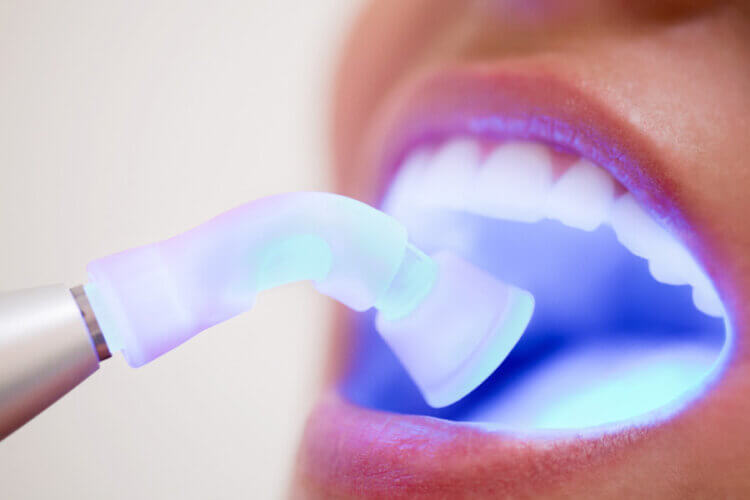Cancer develops when a genetic mutation in the body causes uncontrollable cell proliferation. As these unwanted cells multiply, they form a tumor. Over time, cells can migrate to different parts of the body. Squamous cell carcinoma accounts for roughly 90% of all mouth cancers. They start in the squamous cells that line the inside of the mouth and lips. Oral cancer can occur in any part of the mouth, including the cheeks and gums. It is commonly classified as either oral or oropharyngeal cancer. Oropharyngeal cancer affects the back of the mouth and the lining of the throat.
Oral Cancer Signs And Symptoms
Dr Tirathram Kaushik, consultant oncosurgeon at Wockhardt Hospitals Mira Road, explains some serious mouth cancer warning signs and symptoms.
- Oral lichen planus is characterized by white lines with a reddish border, possibly accompanied by ulceration.
- Many oral lesions are potentially malignant. These do not indicate malignancy, but patients should consult their doctor if they notice any changes in their mouth.
- Patches inside mouth or tongue lining, generally red or white bleeding, discomfort, or numbness
- mouth ulcers or sores that do not heal into a bulge or thickening of the gums or mouth lining
- Loose teeth for no obvious cause, poorly fitting dentures, jaw swelling, a painful throat or the sensation that something is lodged in the throat, a hoarse voice, difficulties chewing or swallowing, difficulty moving tongue or jaw.
How to Prevent Oral Cancer?
Oral cancer, according to doctors, begins when the DNA in the cells inside your mouth is harmed. However, certain factors, such as your eating habits, may raise your risk. Here are some things to keep in mind:
Do not smoke or use tobacco products, and drink alcohol in moderation (and refrain from binge drinking). Maintain a well-balanced diet. Limit your time in the sun. Repeated exposure raises the risk of lip cancer, particularly in the lower lip. Use blocking sun protective lotions on your skin and lips when out in the sun.
Source:I.com







 Finance
Finance







